“Finalist” is a Beautiful Word

“Can I pour you a cup of coffee?” Annie asked me as I sat on a stool at her kitchen counter bar.
“No, thanks,” I said. “I don’t drink coffee.”
She side-eyed me, like I had said I don’t believe in equality for women. “Who doesn’t drink coffee?”
“I don’t.”
I felt a low-grade embarrassment that had become familiar around Annie. How could I not like the most basic drink that seems to be the heart fuel of so many social gatherings?
“Well, I bet that’s because nobody ever made the right kind for you,” she said.
“How many kinds can there be? At a coffee shop I can find something on the menu, but when I’m at home, I can’t figure out why or how to make a pot of something I don’t like.”
She opened her cupboard to display all the charms of a full coffee bar. Her eyes gleamed. She was a street-corner vendor revealing a coat full of watches.
“That’s quite a selection,” I said.
“I think you would like it the way I make it,” she said. “Haven’t you ever wished you liked coffee? Wished you could ‘sip coffee with the grown-ups’ after dinner?”
Oddly, yes. Especially that reference to feeling like an adult. I had secretly always liked the way the mug feels in my hand, the way people look sophisticated when they drink coffee, how the perfect mug is so great for gesturing in conversation. I envied this so much that I had long before dis- covered a trick: If you fill a mug with Diet Pepsi, nobody knows the difference. The key is in the slow sip. You have to pretend like it could burn you if you drink too fast.
“Here, I’ll make a cup for you. What do you have to lose anyway? It’s my coffee, my creamer, and if you don’t like it, you can change your mind. But I do think you’ll like it. Specifically, I think you’ll like it the way I make it.”
“Sure,” I allowed. “I’ll try it. But seriously, I have never tasted a flavor of coffee that I’ve liked. So please don’t be offended if I don’t like it.”
“Please,” she said. “I am unoffendable. And if you don’t like it, we will try it a different way. It’s definitely an acquired taste, and you may have to taste it a few times before you start to enjoy it. That’s totally normal. You go ahead and choose your mug, and look in the refrigerator for which creamer you’d like.”
I chose a mug that felt right to me, and I chose a flavor that I had seen somewhere else, something I recognized as popular enough to not be terrible. I watched her make the coffee with a French press. Precise, exquisite, elegant, and European. She had done this before.
I made conversation in the concentrated silence. “Have you ever noticed that acquired is only used to talk about a sense of taste? Nobody ever talks about an ‘acquired smell.’ Nobody ever says, ‘I didn’t like it at first, but I kept smelling it until I liked it.’”
She laughed. “Fair enough. I think there are probably a lot of things in the world that we can convince ourselves to like, if we keep trying them.”
She stirred the coffee with a spoon, and then she licked the spoon to sample her work. She offered that same spoon to me, like this is what everyone does when someone pours them a cup of coffee. Her eyes said of course I would know that gesture if I had only let myself experience it.
Like a guest in a foreign country, I watched the cues, hoping to get it right. I put the spoon in my mouth, tasting a subtle, creamy bitterness. Without making a mustard face, I said, “Not bad.”
She laughed at me. “You didn’t even taste it yet. You tasted hot metal.”
I felt like a child pretending to be a grown-up, embarrassed that she had called me out. She could see right through my reluctance.
She handed the mug to me. Now came the moment of truth.
I brought the mug to my mouth, this blend of water, powdery-ground beans, and chocolate-raspberry creamer. Indeed, the mug felt perfect in my hands. And this beverage she had made for me felt personal, curated, and designed with me in mind.
Suddenly I felt nervous. I thought, I really hope I like this. It will be very embarrassing if I don’t.
I tasted it. And the truth is, it wasn’t a bad experience. It was fine. Tolerable. I didn’t spit it out. I wasn’t used to liking it, but I could see why some people did. Prepared the right way, I conceded, this could be something a person would drink.
She stared at me, waiting for my response. She raised her eyebrows. “Not so bad, right?”
I took another sip.
And that’s how I found myself drinking my first cup of coffee.
Let me tell you what it feels like to be groomed by an abuser. It’s quite a bit like learning to drink a cup of coffee.
If you’ve never enjoyed a cup of coffee, you might think,
Why would someone drink that brown water that doesn’t even smell good? I’ve never enjoyed the flavor at all, and it makes no sense to me. Gross.
Or, you might wonder, Why would someone allow themselves to taste something that other people become addicted to?
Why can’t you just drink something else that you know you enjoy? Can’t you see what’s happening, that they’re trying to trick you into liking something you don’t?
It doesn’t happen all in one sitting, believe me. You don’t walk into a coffee shop with no interest and walk out with a caffeine addiction. That’s part of the brilliance. You don’t necessarily even know you’re building a tolerance to this thing you once steered clear of. It’s a slow process, a few degrees at a time, a slow exposure that desensitizes you to the bitterness until you can’t taste it at all.
When an abuser knows what risks you’re willing to take, they’ll find another reason to pour you another cup. And an abuser can be very, very patient while they learn what you can tolerate. After all, this isn’t just a cup of black coffee you could get at any random coffee shop. It’s a specialized cup, poured for you. And if you don’t like it the first time, they’ll find a way you like it.
They’ll make you forget you ever disliked it, that you were ever on the outside looking in. They’ll make you feel like it was your idea, like they gave you what your tastes wanted all along. They’ll make you begin to wonder how well you knew yourself at all.
That’s what it feels like. It was never just a cup of coffee.
~ Tricia Lott Williford, You Are Safe Now
Scholar Scot McKnight called this book “Stunning.”
Author Gary Thomas called this book “Inspirational and eye opening.”
This week, my book was named a finalist for a Christian Book Award,
the absolute most prestigious award in the religious publishing industry.
* * *
“Woman of God, it is time. Your voice is needed. There is a divinely inspired cry coming out of your spirit, declaring, ‘Not on my watch.’ You are a woman of influence, conviction, and power. God is molding and shaping the experiences of your life into a calling that has taken time. The time is now. Your voice is needed.”
This is the Deborah Anointing, spoken over my life one year ago today.
A few days later, my book was released.
We will find out in a few weeks whether this book has been chosen as the winner for the year.
It’s an honor to be nominated.
Frankly, it’s crazy to have my name among the people on this list.
Finalist is a beautiful word.
Freedom is even better.


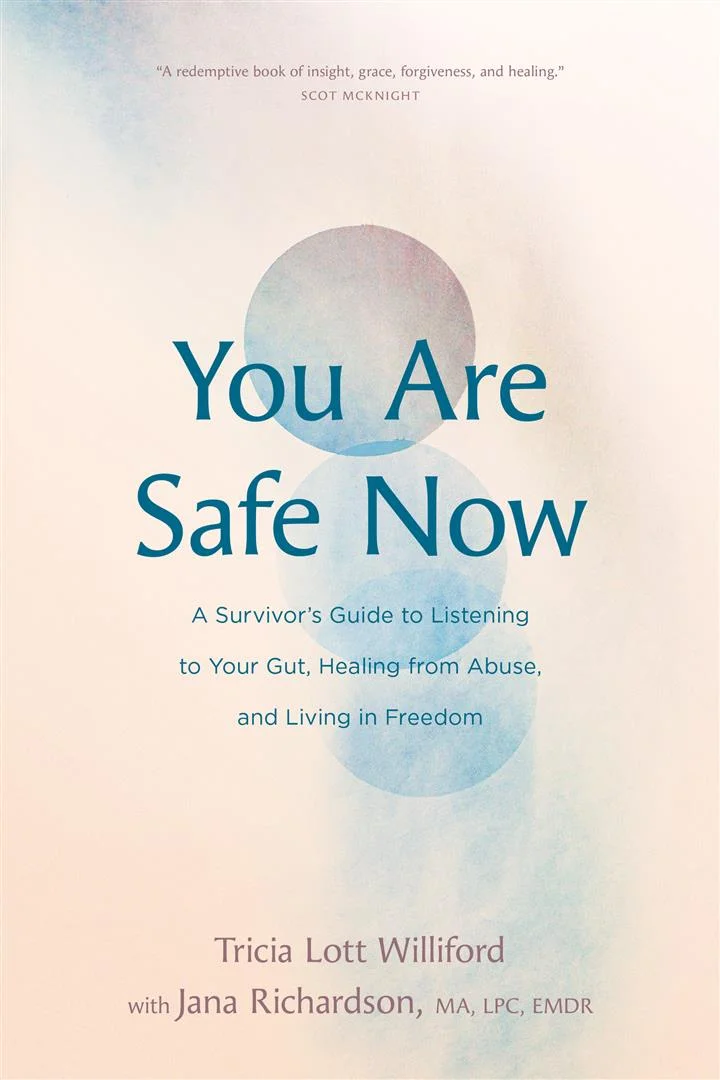
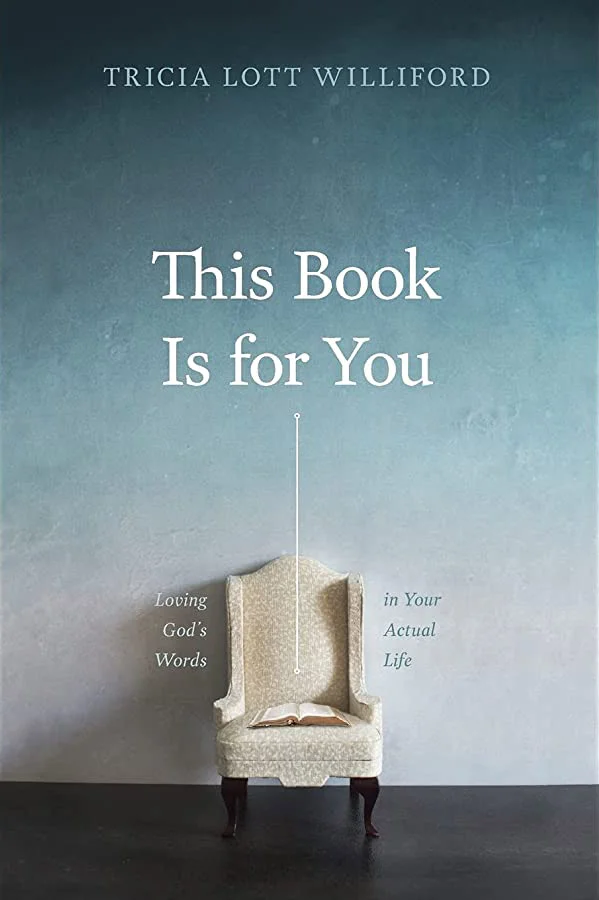
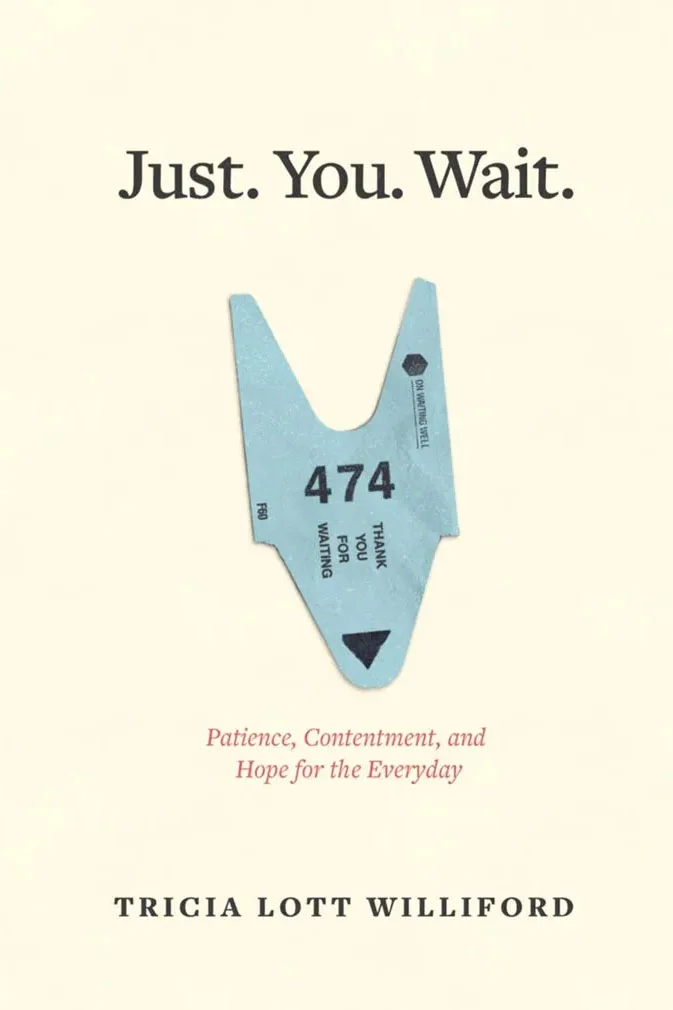
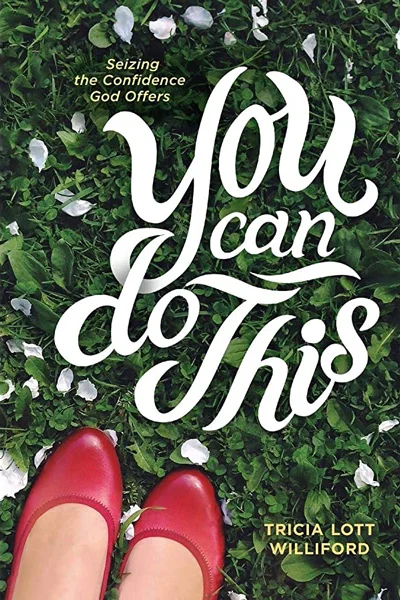
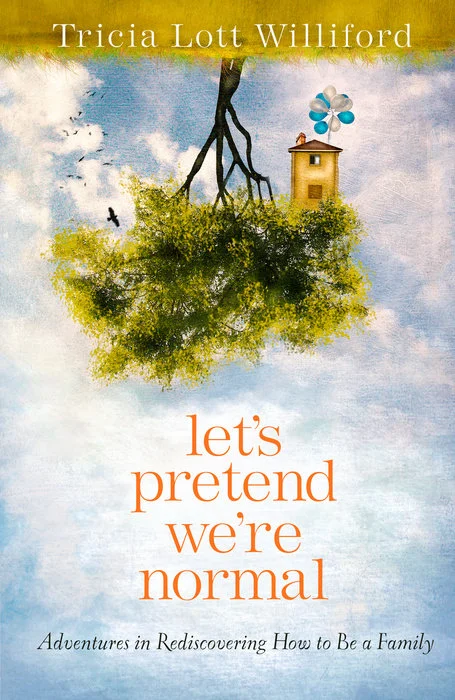
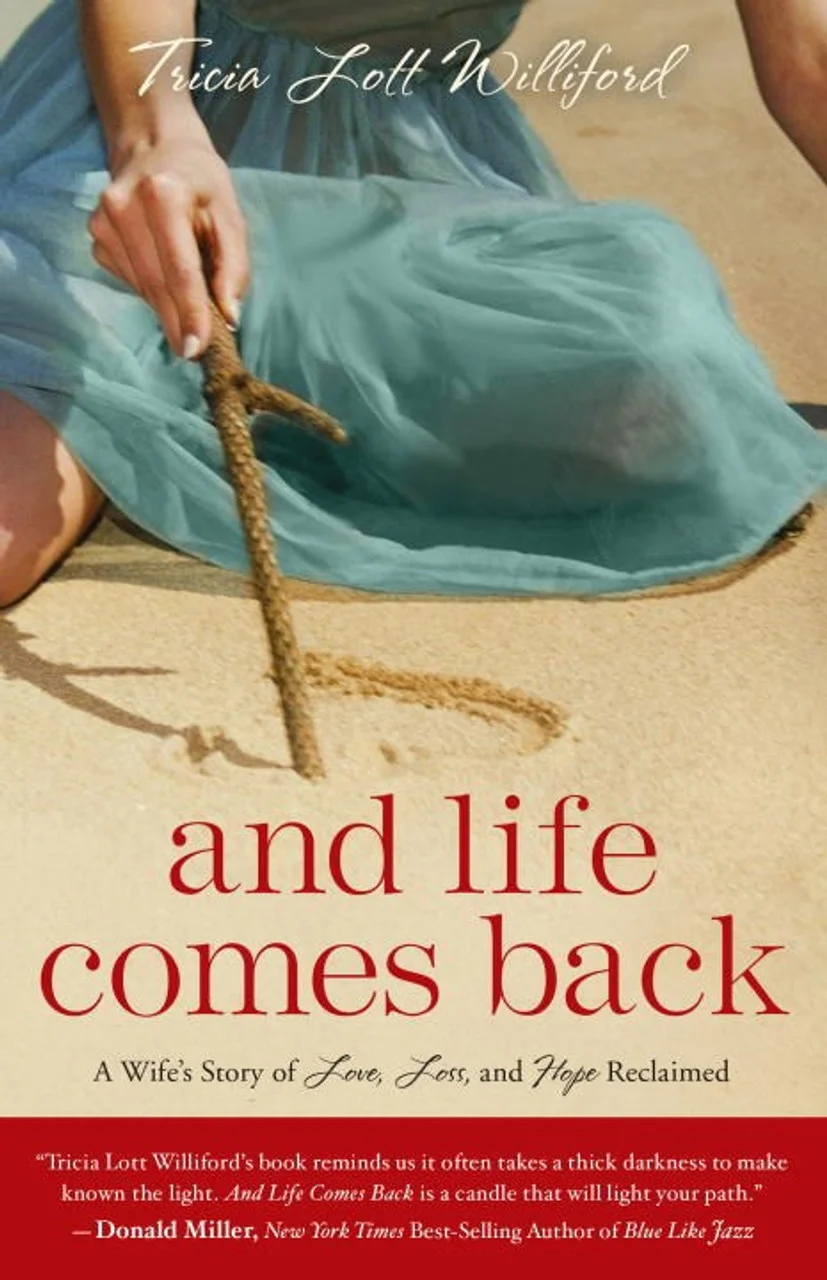

Deb Farris says:
I’m very happy for you. I can’t say that I loved the book because I’m so sorry about what Annie did to you. But I do love all of your books and this one was so sadly enlightening. I do hope you win the award. Congratulations!
Marsha Castner says:
Tricia I am so happy for you. Your book is fantastic and deserves to be the winner of that award. When will you find out?